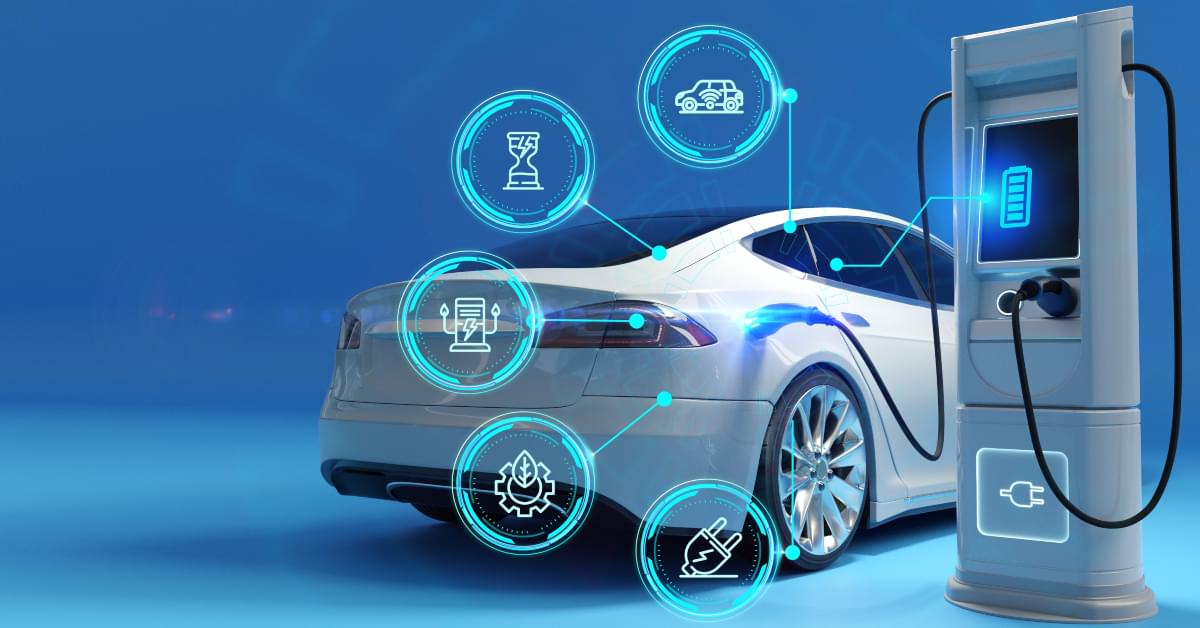Tech Versum: Explore the Future of Technology
Dive into the latest trends and innovations in technology with Tech Versum.
Charge It Like You Mean It: The Electric Car Revolution
Discover the electrifying future of driving and how the electric car revolution is changing the road as we know it!
Understanding the Benefits of Electric Vehicles: Why You Should Join the Revolution
As the world grapples with the impacts of climate change, electric vehicles (EVs) emerge as a compelling solution for reducing greenhouse gas emissions. The adoption of EVs not only contributes to cleaner air and a healthier environment but also offers significant savings on fuel costs. According to the U.S. Department of Energy, electric vehicles can save drivers over $1,000 annually on fuel costs compared to traditional gasoline vehicles. Furthermore, many governments are rolling out incentives and rebates for EV buyers, making the transition even more economically attractive.
In addition to environmental and financial benefits, electric vehicles provide a host of advantages including reduced maintenance costs and enhanced performance. With fewer moving parts than internal combustion engines, EVs typically have lower maintenance needs, resulting in long-term savings. Additionally, the instant torque provided by electric motors delivers a smoother and more responsive driving experience. For further insights, consult the Edmunds electric car guide to better understand the transformative potential of EVs. Joining the electric vehicle revolution is not just a trend; it’s a vital step toward a sustainable future.

Charging Infrastructure Explained: Where and How to Keep Your Electric Car Powered
Charging infrastructure for electric vehicles (EVs) is rapidly evolving to meet the growing demand for sustainable transportation. Understanding where and how to power your electric car is crucial for a seamless driving experience. There are three main types of charging stations: Level 1, Level 2, and DC Fast Charging.
- Level 1 Charging: This is the slowest form of charging, utilizing a standard household outlet (120V). It's typically used for overnight charging at home.
- Level 2 Charging: Found at public charging stations, these units (240V) significantly speed up the charging process and are ideal for longer stops.
- DC Fast Charging: This option delivers rapid charging for long-distance travel, providing about 80% charge in under 30 minutes.
Locating charging stations has become increasingly convenient thanks to various online tools and mobile apps designed to help EV owners. Websites like PlugShare offer real-time updates on charging station availability and user reviews, ensuring you can find a charging point that suits your needs. Additionally, many automakers provide integrated navigation systems with built-in charging station locators in their vehicles. Regularly examine your regular routes and identify potential charging points, especially on long trips. With an accurate understanding of where and how to access charging infrastructure, you can confidently explore all that electric driving has to offer.
Myth vs. Fact: Debunking Common Misconceptions About Electric Cars
Fact: While it is true that the production of electric vehicle (EV) batteries can generate emissions, studies show that over their lifetime, electric cars tend to produce significantly lower greenhouse gas emissions compared to traditional gasoline vehicles. According to a report from the U.S. Department of Energy, electric cars can reduce your carbon footprint by up to 50%. Furthermore, as the electricity grid becomes greener with more renewable energy sources, the emissions associated with charging electric vehicles will fall even further, making them an increasingly sustainable choice.
Fact: Advances in battery technology have dramatically improved the range of electric vehicles, dispelling the notion of 'range anxiety'. Many modern electric cars now offer ranges comparable to traditional vehicles, with some models exceeding 300 miles on a single charge. Furthermore, the growing networks of fast-charging stations make it easier than ever to plan long trips, ensuring drivers can conveniently recharge along the way. As highlighted by Edmunds, the average daily commute in the U.S. is well within the range of even the most budget-friendly electric models.